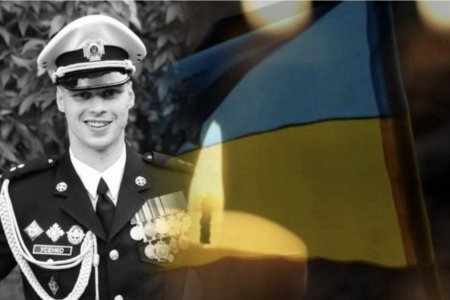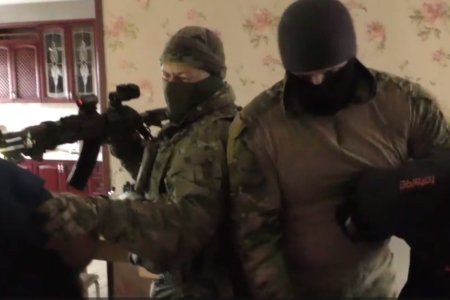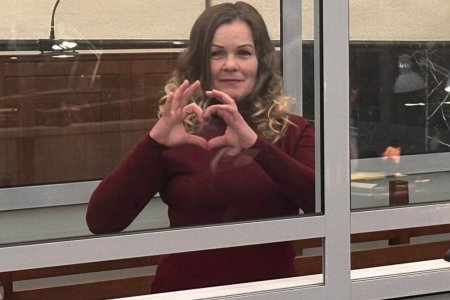![© Depositphotos [Путін, злочинець, МКС] © Depositphotos © Depositphotos](https://khpg.org/files/img/1608822753.jpg)
For three years, the Ukrainian Army has been heroically fighting an adversary with vastly superior economic potential and human resources. Vladimir Putin, the Russian dictator is prepared to continue the war, to persist in the killing of thousands of innocent Ukrainian civilians—children, the elderly, and women. This dictator is willing to further destroy civilian infrastructure, erase Ukrainian culture and history. He is ready to wage war without regard for losses or damage to his own country—there is no need for him to consult a submissive parliament, nor will a free press interfere, as it has long been effectively destroyed within Russia.
A peace agreement is of interest to Putin only insofar as it consolidates the results of his aggression against Ukraine. He seeks to present such an agreement as his victory, as the “achievement of the objectives of the special military operation.” He hopes to appear triumphant in the eyes of his domestic audience and among the many victims of Kremlin propaganda abroad. He is counting on the emergence of new Chamberlains and Daladiers—leaders willing to recognize annexations in exchange for the illusion of peace as in the Munich agreement with Hitler. But history has taught us that such deals do not bring peace—the Munich Agreement unleashed World War II.
The urgent need to end the horrific bloodshed unleashed by Putin is self-evident.
Alas, to rely on a truly just peace today is difficult. Justice may take a long time—just as the Baltic states had to fight for their freedom for half a century. This time, at the very least, real guarantees must be put in place to prevent the Russian regime from launching new aggression. The foundation of any agreement must not be a modern version of the Munich conspiracy. The world must not legitimize territorial conquests—it must provide Ukraine with security guarantees. Only an agreement containing real security guarantees can prevent the resumption of hostilities in the near future.
The assessment of the past eleven years is clear.
Among the crimes under the jurisdiction of the Nuremberg Tribunal, which entailed individual accountability, the first listed were: “Crimes against peace, namely: planning, preparation, initiation, or waging of a war of aggression, or a war in violation of international treaties, agreements, or assurances, or participation in a common plan or conspiracy for the accomplishment of any of the foregoing.” The UN General Assembly, in its resolutions ES-11/1 (2 March 2022), ES-11/2 (24 March 2023), ES/11/6 (23 February 2023) and A/77/L.65 (25 April 2023), unequivocally condemned Russia’s actions. Aggression was called aggression, occupation—occupation.
These assessments were made based on international law and the painful lessons of World War II and are accurate and durable. And the new world must be built upon them.
February 24, 2025,
Board of the International Memorial Association



